I had a lot of questions when I started my research into the world of NFTs like what is it or is it a fad or can I make money owning NFTs? Well, I think I have got the answers to these questions and I would like to share them with anyone who is starting their NFT journey. I recommend watching this excellent video by a YouTube channel Whiteboard Crypto (I am not affiliated to them in anyway) where they have clearly explained all you need to know about NFTs.
What is an NFT?
NFT stands for - Non-Fungible Token. Let's start with the term 'Fungible'. What does it mean? This is how Cambridge dictionary defines it -
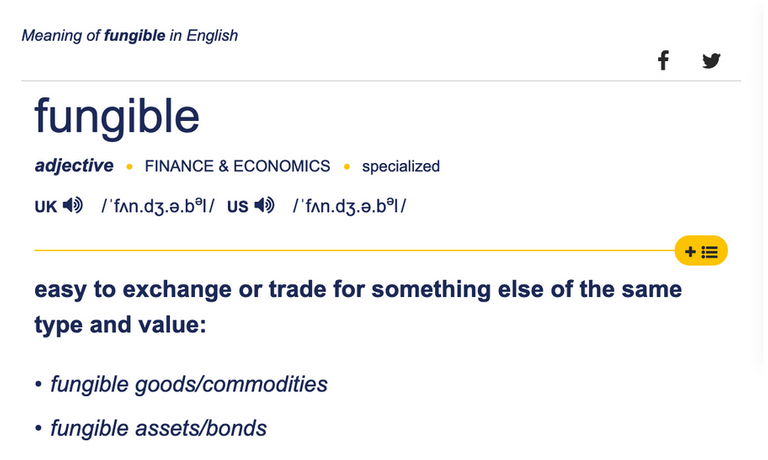
If this definition confuses you, well, you are not alone. It essentially means - something that is easily replaceable. For example dollar bills are fungible. Let's use an analogy to understand this concept better. Assume you have friend - let's call her Robin - who wants to borrow a dollar. Being a good friend, you decided to loan $1 to Robin. After a couple of weeks, Robin returned $1 back to you.
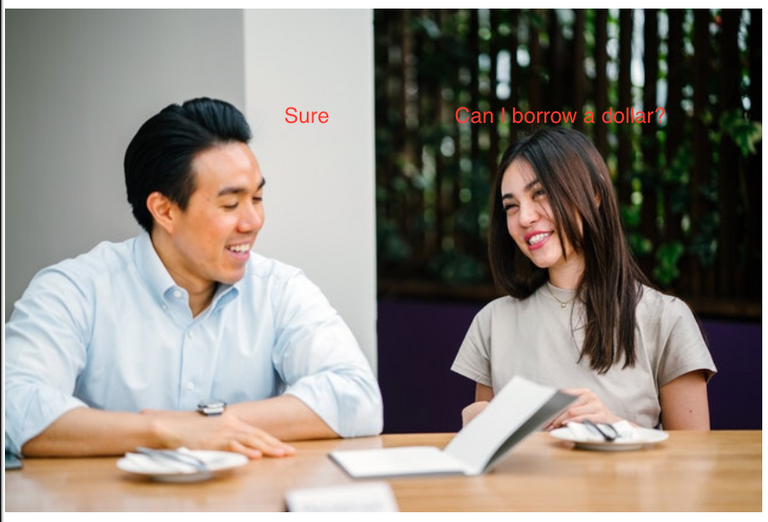
Now - is the dollar that is returned to you exactly the same one that you have loaned her? Probably not. I mean it could be but even if it isn't, does it make a difference? Of course not! Because all you want to get back is $1 which can be used to purchase goods. Since every single $1 bill in circulation can be used to do the same thing, there is nothing unique about it such that any $1 bill can replace any other $1 bill. As in you gave Robin a $1 bill with serial number x, and Robin returned another $1 bill with serial number y. This is acceptable because both the $1 bills have the exact same value and one bill can replace the other. In other words, we can say that a $1 bill is "fungible".
If the concept of fungibility is clear, then it is easy to understand non fungibility; i.e. if 'fungible' means replaceable, then 'non fungible' means - non replaceable. That's it!
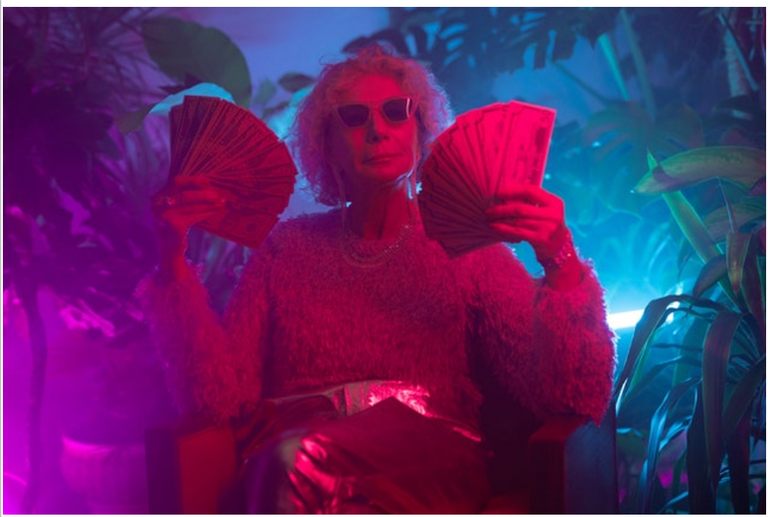
Now we can understand NFTs better. An NFT is a type of digital token which usually associated with a digital item (like a picture or GIF) or an actual item that you can own where the proof of ownership can be verified on the associated blockchain. NFTs can be thought of as a digital version of rare collectable cards or authentic paintings by reputed painters such as Van Gogh. The more unique a card or a painting is, the more valuable it is. It's value entirely depends on how much value people think it has. And unlike the rare baseball cards or paintings which can be forged by an excellent forger making them hard to distinguish from it's original, NFTs are guarantied to be unique and unchanged because it exists on a tamper proof system that is blockchain. One cannot split up an NFT, like a cryptocurrency; it exists as a single piece of data throughout it's existence.
Okay but technically, what exactly is an NFT?
Well in it's true essence, an NFT is just a piece of data or cryptographic token associated to a digital asset that is owned by an address (public address) and whomever has the password or private key to this address owns the NFT. This piece of data however can be bought and sold to other addresses, i.e. the ownership of an NFT can be changed; the entire ownership history of an NFT is traceable as this information is stored on a public blockchain, where it exists.

The digital asset (usually an image or a gif) that is usually associated with an NFT is just a face given for the underlying cryptographic token; the image or the gif can easily be copied or duplicated or downloaded by anyone. But the underlying cryptographic token is the real deal; it can point to the real owner of that image on the blockchain explorer who got it from an NFT market place (about which we will discuss later). For example - one of the famous NFT sale was that of Twitter CEO Jack Dorsey's first NFT sale of his first tweet which fetched a sweet $2.9 million; the owner of this NFT really owns the underlying cryptographic token. Anyone can screenshot or download the said tweet from twitter; but the owner of the tokenized tweet can only be one person. As we've discussed, the tweet is just a face given to it to easily identify it.
Why do people buy NFTs?
People likes to own rare things. You can see that in the market there are a lot of products having a 'special edition' version of a vanilla product which are usually priced higher than the vanilla product. People buy NFTs for the same reason they buy rare baseball cards or paintings by famous painters. When one buy an NFT, that person is hoping that it would become more valuable in the future which can then be sold. Imagine owning the jacket that Micheal Jackson wore in the 'Thriller' video; it was recently sold at an auction for $1.8 million. NFTs could potentially become more valuable in the future where it's common to own them. Thinking along those lines, NFTs can be considered as an asset class.
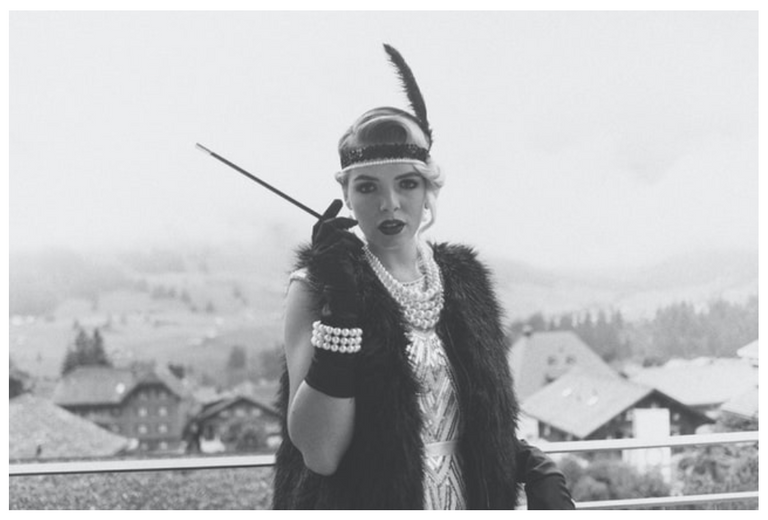
What makes an NFT valuable?
This is kind of hard to explain but I will try my best. Basically there are four factors that makes any item in the world generally deemed as valuable and the same can be applied to NFTs as well:
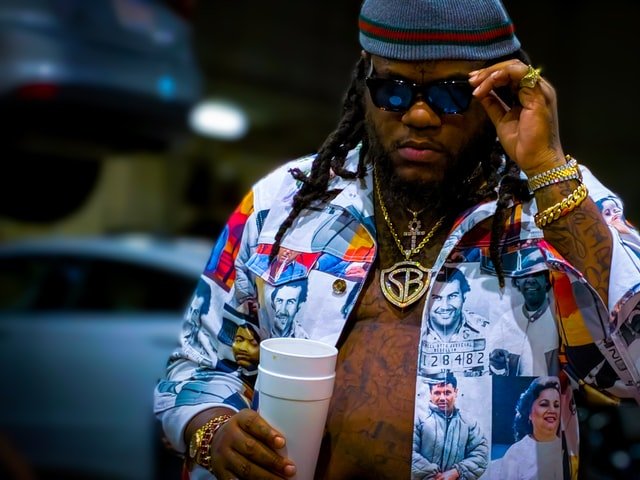
First Edition: First edition of anything famous is generally considered valuable. For example the first edition of the first Harry Potter book was recently sold at an auction for £60,000. Jack Dorsey's first tweet is another example that we have seen earlier.
Underlying Utility: If the token has got any real world benefits or in other words utility, then that could increase it's value. For example imagine the musician The Weeknd releasing an NFT tomorrow stating that whomever owns it will get free lifetime backstage access to all of his shows. This utility will make this NFT useful and therefore makes it more valuable, compared to a general NFT.
Uniqueness / Rarity: If something is really unique, one of it's kind, then such items are generally deemed as valuable. For example gold has value because it is one of the rarest elements found on earth. Another example is the painting - Monalisa. Though there are duplicate copies, there is only one painting of Monalisa that was painted by Da Vinci. This uniqueness of the painting makes it valuable.
Ownership History: Our Thriller jacket example fits perfectly for this factor. The very fact that Micheal Jackson, a famous musician in the world, owned it and performed wearing it on one of the globally famous music video, makes it valuable. Another hilarious but true example is a tissue used by Actor Scarlett Johansson was sold for over $5,000. The fact that a tissue used by me or you may not fetch this amount highlights the point of ownership history.
One way or the other, all these factors could potentially influence an item to be perceived as valuable in the eyes of the general public (or the NFT niche market).
How do I buy an NFT?
Most NFTs are sold on market places that specializes in NFT sale. Many such market places, at least the most popular ones, are hosted on the Ethereum network, as mentioned before. But this also means that you'll need to own ETH in order to buy (to deploy your NFT on the blockchain network, you need to pay some ETH) or sell (yes, even to sell an NFT on Ethereum network you need to pay the gas fees in ETH) an NFT in such a market place. Nowadays some games are built around the concept of NFTs like cryptokitties. Some of the common NFT exchanges that I could find are listed below:
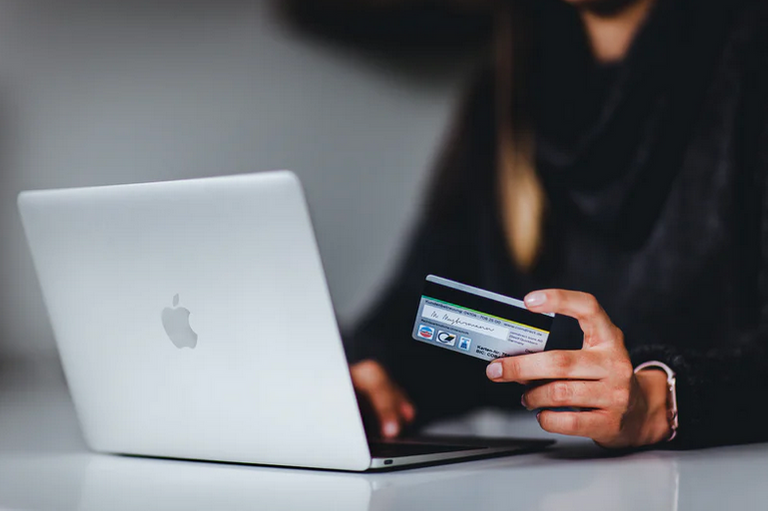
First step is to create an account in the market place from where you want to buy NFT. At the signing up time, they may either create wallet for you or ask you to connect your existing wallet to the platform so that it can be used to hold your NFTs. Then you will be needing crypto of the platform (like ETH) to buy or sell NFTs. You may get it from any exchanges, like Binance or KuCoin (referral link enabled) and transfer it to your wallet used on the NFT platform. Most of the NFT marketplace work like an auction hall; you have to place a bid with the amount that you are willing to pay for an NFT that you want to own. If you win the bid, then you get the NFT. Do note that certain wallets like Trust wallet allows the purchase of NFTs directly from the wallet itself where it connects to such NFT market places. You can also create your own NFTs on these market places and sell them as well (just like how you sell on eBay). Visit a market place for more details.
Where do you store NFTs?
Like I have mentioned before, NFTs are stored on wallets. It is not advised to store the NFTs on the market place's wallets because if the market place got hacked, then the NFTs associated to your account are vulnerable to theft. The best way to store an NFT is on hardware wallets; these are also referred to as cold storage devices because they remain offline and they keep the account's private keys safe and secure. You can also store them on hot wallets like MetaMask or Trust wallet, etc.

Some of the popular NFT sale
Below are some examples for NFT sale apart from the ones which we have discussed above:
- MetaKoven (Vignesh Sundaresan) bought 'Everydays: The first 5000 days' NFT by a digital artist who goes by the pseudonym - Beeple, for $69 million worth ETH.
- A virtual plot of land sold as an NFT in the open-world metaverse game Decentraland for more than $913,000 worth ETH-.
- NFT-powered motorsports game F1® Delta Time from Animoca Brands has fetched over $223,000 worth ETH.
- 'Nyan Cat' flying Pop-Tart meme sells for nearly $600,000 worth ETH.
Free NFTs & NFT Scams
Sometimes content creators offer NFTs or other crypto tokens for free as a marketing tool to expand their reach. You might be wondering why would anyone pay gas fees and giveaway free NFTs? Wouldn't that be expensive? Yes of course. But, there are NFT platforms which doesn't use the Ethereum network. For example - NFT artist Erasme Legacy. At the time of writing this article, this artist is offering free NFTs to those who follow him and send a direct twitter message with their WAXP walet address. (I am in no way affiliated to this person; do your own research and if you think this is good, then make a wallet address on the WAXP platform, follow this artist and share your WAXP address via DM. Why is this person doing this? My best guess is to gain more followers and get some 'word of mouth' publicity.
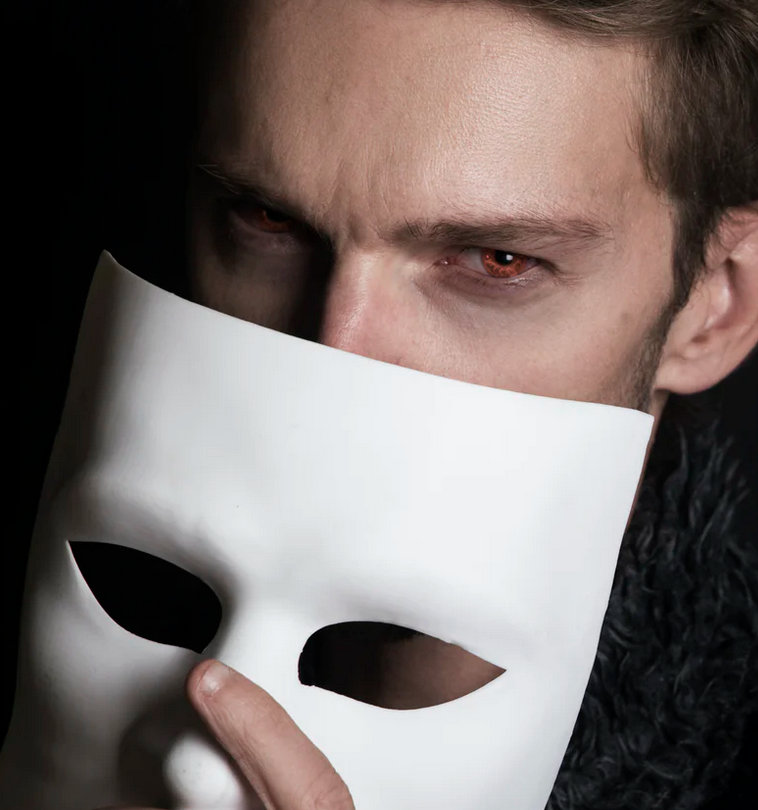
There are scams too to be aware of. Scammers could spin up replica websites of valid NFT platforms which is off by a letter or two (Eg: instead of 'OpenSea', there might be 'OpenSee', 'OpneSea', or 'OpenC') or even the NFTs themselves (where the image would be similar to that of a highly priced NFT). The problem is these replicas would be so close to the actual NFT or the NFT platform, even experienced users might fall for it. Moreover scammers can impersonate actual NFT artist who may offer to sell their NFTs at a much lower price where they don't deliver what they promise. Now how can you stay away from such scams? Well try to follow these steps when dealing with NFTs:
Golden Rule - Never ever, under no circumstances, disclose your wallet's private key to anyone
Always re-check URLs to make sure you’re visiting the genuine platform
Don’t click on suspicious links that you may have gotten in your email
Make sure the offer you receive for your NFT, if you are a creator, is in the correct token or USD value
Check name & official verification check mark and look at collection stats for verified NFT artists
Check for appropriate mint numbers and trade history to avoid replica NFTs
Use a different secure device to open files from untrusted sources, if that is necessary
Avoid opening any files with a *.scr extension
Try to use a hardware wallet rather than Metamask
Invest in some good anti virus software like McAfee to get some internet security
Conclusion
That's all you need to know to get started on your NFT journey! I hope this article has cleared at least some of the doubts that you may have had in your mind. To sum up, NFTs or non fungible tokens are unique digital tokens stored on digital wallets which can be owned and traded like baseball cards. People buy them if they see any value in it. There are several factors which can attribute value to an NFT. NFTs are traded on dedicated NFT market places where you can bid for various NFTs mostly in ETH. Some famous NFT sales were for millions of dollars.
Check out KuCoin exchange if you haven't already for better crypto services.
Posted Using LeoFinance Beta
Hello, @mishalalexander! This is @anggreklestari from @OCD team. We saw that you already posted your first post here in Hive! Congratulations and welcome! However, it would be awesome if you do an introduction post. As a sample of what an intro post is, you can refer to this intro post for reference:
Keeping Up With the Buzz - My Introduction to the Hive Community
There's no specific format on how you do your intro post, but there is some suggested content that we would love to see in your post. Information like who are you and where you're from, how did you discover Hive or who invited you, what types of content you want to see here and the types that you want to produce, and what are your expectations in this platform. There's no pressure on this. You can choose whatever information you would like to share.
You can tag me @anggreklestari on your intro post then if you have done with it.
Well, you can explore the communities that are suitable for your content. You can read some of the communities in this post: OCD Communities Incubation Program
If you are looking for tips and information as a Hive newbie, click here: newbie guide.
If you have questions, you can hop into OCD's Discord server and we'll gladly answer your questions. For now, @lovesniper will follow you and we are looking forward to your intro post!
Thanks for the welcome. I will make a post about this and post soon. At the moment though, I am a little occupied.
Posted Using LeoFinance Beta